What is a Learning Management System?
A Learning Management System (LMS) is a software application that allows you to create, plan, manage and deliver eLearning content.
Regardless of the sector an organization is in, whether academic, corporate, government, or nonprofit, having an internal LMS to cater to the learning needs of your employees has become a burning need.
Why Would a Nonprofit Organization Need a Learning Management System?
An LMS can build a successful training program in place that educates an organization’s employees, beneficiaries, donors, volunteers, and partners. It is an effective way to reduce training time and expenses as it helps standardize the training process and make it available and accessible to all. It also allows learning to become a shared experience, enabling your organization to grow, explore more funding opportunities, and help you continue to make a positive impact on society.
How to Choose the Right Learning Management System for your Organization
There are numerous platforms with different features and capabilities that generate an LMS. Consequently, choosing the right LMS for your organization might be a confusing task given there are many different providers which offer a unique set of services. To ensure that you are using the best for your organization, you need to identify your organization’s training needs. The LMS you choose should have some key features in place to make sure your staff and volunteers have the best possible learning experience.
Finding the LMS with the features that are right for your organization requires exploring your options thoroughly.
Here are 5 important features you need to look for in your LMS:
1. Gamification
Gamification has the power to boost learner engagement. The ability to add game-like elements to any training course creates an engaging learning environment motivating learners to accomplish more.
An LMS that offers gamified learning will allow you to hold contests, offer prizes and rewards. This means you can award your learners with badges, offer virtual currency or points, use leaderboards and so many more. Using gamification elements will ultimately allow you to create an engaging, fun, and inclusive learning experience.
2. Course Analytics
The more data your LMS can give you, the better course insights you will get.
With advanced reporting features and user analytics, an LMS allows you to see how learners are using and interacting with your learning material. Such information allows you to optimize your results further and create a more personalized learning experience for your users. It will also help you track the overall learner progress, activity, and performance.
3. Assessments & Certification
Certificates work as great incentives and act as motivational boosters for learners encouraging them to complete their online training. Having an extra incentive is beneficial when offering employee training, compliance training, onboarding new volunteers to your organization, or selling professional education courses.
LMSs with assessment and certification features can test knowledge through quizzes, then automatically create and send learners course completion certificates. A certificate can help learners gain professional development points and proof of their hard work and dedication.
4. Social Learning
Learners who feel part of a community, are more likely to be engaged and motivated to learn.
An LMS can offer dedicated social learning modules and a safe community space for learners to communicate. Not only does it reinforce the feeling of belonging, but it also reminds them they are working towards a common goal.
Social learning may come in the form of discussion boards, forums, communicating via live chats, or allowing peer-to-peer feedback.
5. Customization
Not every LMS comes with built-in authoring tools which allow the creation of learning content, but it is crucial to check what types of content it can support and whether it is compatible with eLearning industry standards.
For example, SCORM ensures that the eLearning content you produce is compatible with your chosen LMS and can integrate well with each other. Your LMS vendor needs to recognize the structure of a SCORM compliant file and deliver any course without any technical issues.
Using an LMS will help streamline processes and allow training delivery that saves you valuable time, money, and effort to educate your community. It allows you to create an innovative teaching method tailored for your organization to maximize its impact on society.
To ensure that you are using the best for your organization, we at ASSIST Creativelab help you identify your organization’s needs in order to create an effective LMS.
Contact us now and offer the best eLearning experiences to your community!




